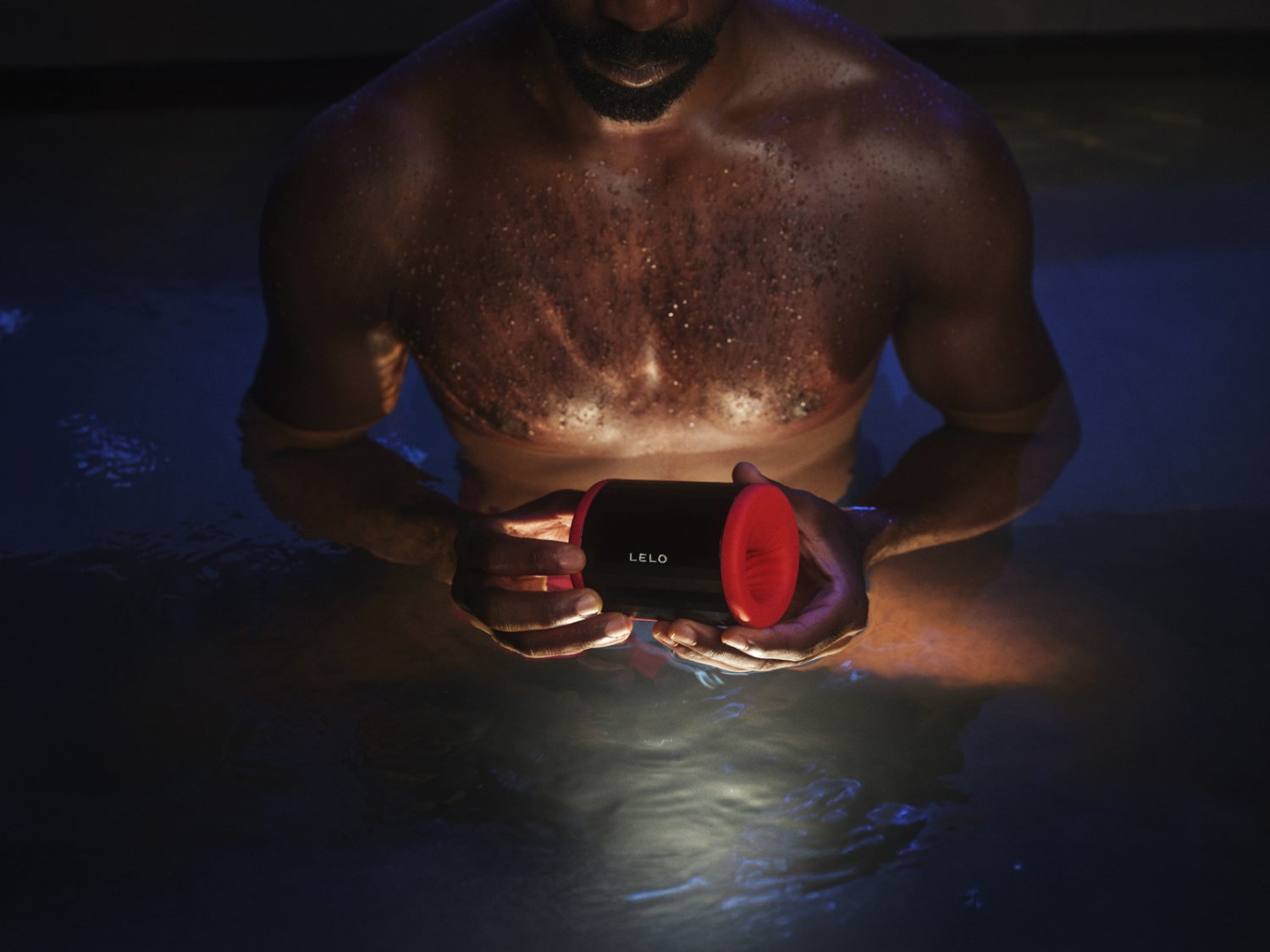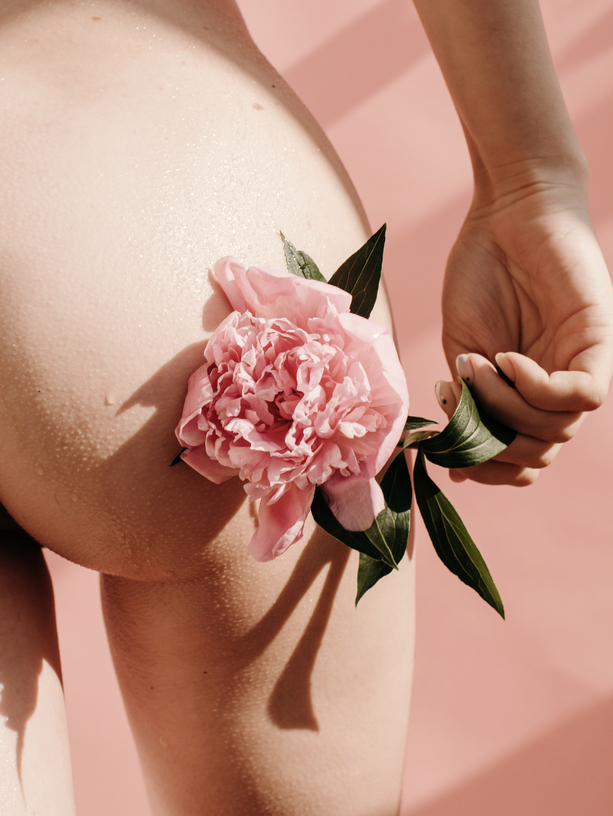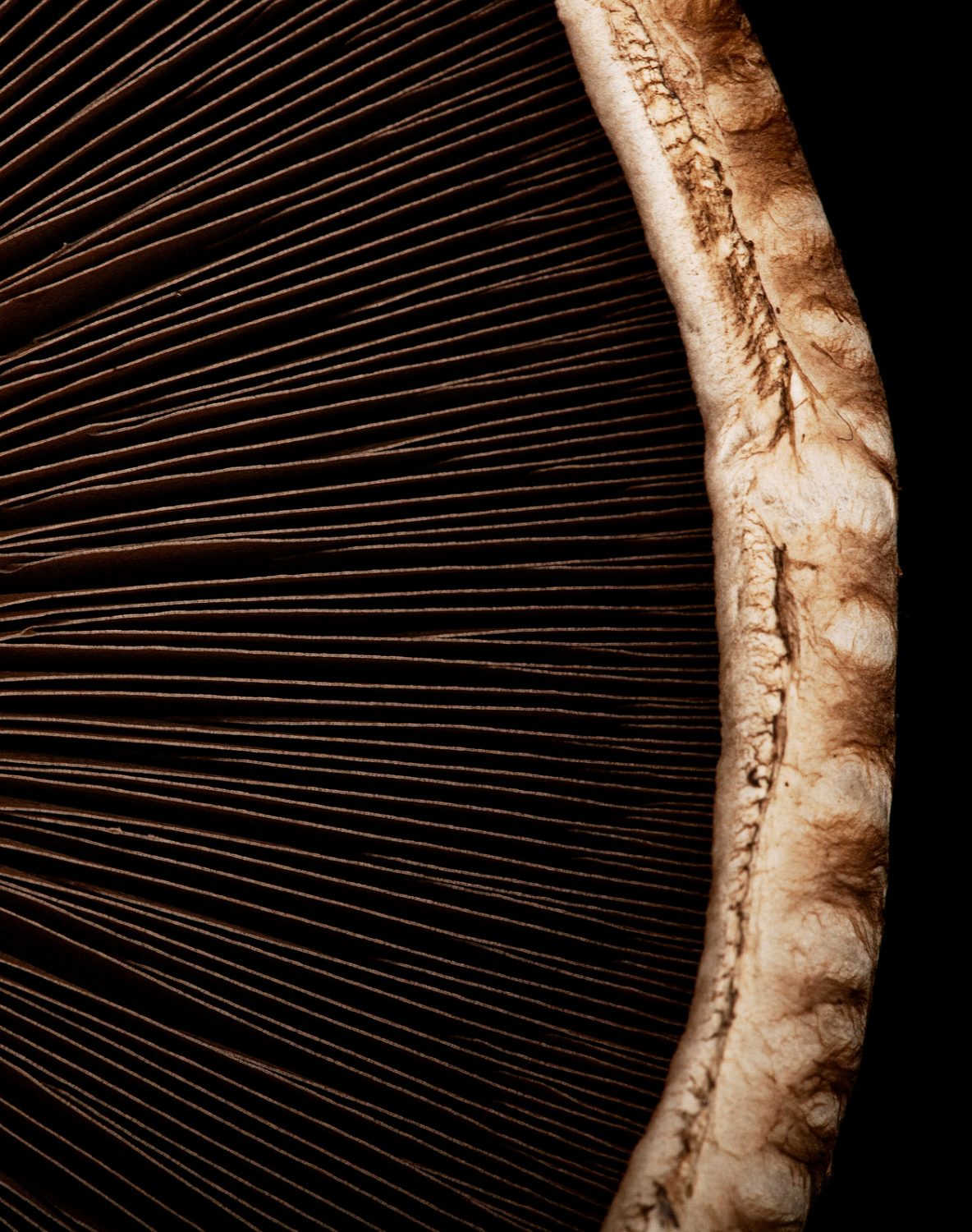“The truth will set you free, but first it will piss you off,” said the great Gloria Steinem. I thought about this while reflecting on vulvas, and the fact that vulva-centric medical science is still in its infancy. (Case in point: accurate MRI representations of the clitoris first became available in 2009, back when you were watching Dexter and How I Met Your Mother. Which is to say: recent!)
It’s startling how much we still don’t know about vulvas, but what we can say is this: just like every other part of our body, they need help sometimes. And while a vulva problem may feel like yours and yours alone, the truth is—they’re actually quite common. From pain to lackluster orgasms, to a whole host of infections (fun!) vulvas have their fair share of issues. But that’s only because they do so much heavy lifting for us! And as the old chestnut goes…love your vulva, and it’ll love you right back.
So here it is six of the most common problems for vulvas, and how to solve them.
Can’t Orgasm
The Issue: You want it to happen so badly, but those juicy muscle contractions just refuse to budge. The medical term for this is “orgasmic dysfunction,” which you should definitely earmark as the name of your next punk rock band.
The Solution: Trying a different antidepressant, estrogen hormone therapy, sexological bodywork (only legal in certain states), clitoral stimulation, or in some cases, counseling.
The reasons for orgasmic dysfunction are legion, so you may have to do some investigating to figure out your “why.” But once you figure out what’s blocking your orgasm (like certain medications, hormone changes, or the simple fact that you’re not being touched in a way that promotes arousal), you’ve definitely got options at your disposal.
Can’t Squirt
The Issue: Alright, this isn’t a “problem” per se, but still—you wanna squirt.
The Solution: Get educated by Deborah Sundahl, sex educator and pioneer of female ejaculation. In this episode, she explains what the female prostate is, how to stimulate it (because it’s different from clitoral stimulation), and yes—how to “release and express” your prostatic fluid. Enjoy!
Dryness
The Issue: You’re all about lube, but your natural lubrication has left the building.
The Solution: Supplements. But first, know this—dryness is common during menopause. That’s not to make you depressed; rather, it’s making you aware of a change so you can work with it. For example, if you douche, that’s definitely going to exacerbate your dryness—so, skip it.
Womaness makes a fantastic supplement to address comprehensive menopause symptoms, including dryness: Me.No.Pause., which includes hormone-free, research-backed ingredients. Other supplement options include Vitamin D, Vitamin E, DHEA, and sea buckthorn oil, all of which have shown a ton of promise for promoting vaginal moisture.
I also recommend talking to your OB-GYN and exploring options, because while hormone therapy isn’t right for everyone, local estrogen can be a game-changer for this issue.
Vaginismus
The Issue: All the muscles in your vulva involuntarily tighten when they anticipate insertion of any kind.
The Solution: Pelvic floor physical therapy. Some folks experiencing vaginismus find relief by strengthening their pelvic floor muscles (through, for example, Kegels), but it’s not strength they need for others—it’s relaxing and stretching that same muscle group, with vaginal dilator therapy.
A doctor might also prescribe lidocaine to help with pain, and that’s fine too, but for a long-term, preventative solution, seek out an exam and training plan by a qualified physical therapist who specializes in pelvic floor issues.
Pelvic Organ Prolapse
The Issue: Your pelvic organs have dropped from their natural position and bulge in the vagina. This happens to many vulva owners after childbirth.
The Solution: Physical therapy (see above), or surgery to repair the affected tissue. But before anyone goes wilding out over surgery, consider this: if you have keyhole surgery (for less severe prolapse), recovery is 1-2 weeks. For more serious cases, even open surgeries have a recovery time of a maximum of 6 weeks.
That isn’t to minimize the issue—it’s a huge deal, anytime someone is cutting into your body—but compared to a lifetime of vulva discomfort and pain, a month and a half of recovery time could very well be worth it.
Yeast Infection, UTIs, and STI’s
The Issue: You’ve contracted a lovely little infection down there.
The Solution: Antibiotics, antifungal medication, or antiviral drugs. Listen—I love an au naturel lifestyle, but when you’ve contracted a bacterial infection (like a urinary tract infection or bacterial vaginosis), a fungal infection (like Candidiasis, aka yeast infection), or a virus (like herpes), it’s time to embrace Western medicine in all its glory.
And while you’re saying “yes” to meds,” I encourage you to say “no” to shame, because once again, our vulvas work hard every day. Anybody part capable of releasing toxins, menstruating, delivering an infant, and delivering us pleasure is bound to need a tune-up now and then. The more frank we can be about this, the more we can love ourselves and in so doing, dissolve outdated societal stigmas (especially around STIs).
So enjoy your vulvas, in every stage of their evolution—and don’t be afraid to lean in, when they need extra care.











